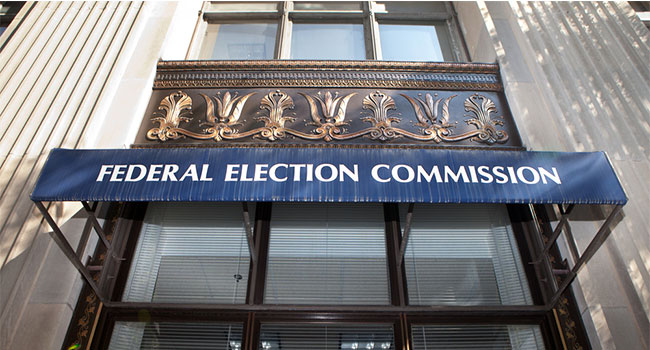
Cybersecurity Company Can Offer Discounted Services to Campaigns, FEC Rules
A California-based company has been given the OK to offer its services to campaigns for a discounted rate — as long as that rate is the same for other clients.
- By Haley Samsel
- Jul 15, 2019
In a decision with potentially significant implications for the 2020 election, the Federal Election Commission ruled on Thursday that a cybersecurity company could legally offer discounted services to presidential campaigns hoping to protect themselves from cyberattacks.
Companies are typically forbidden by federal law from offering free or discounted cybersecurity services to campaigns because it is considered an “in-kind” contribution, The New York Times reported. Political parties cannot pay for the services due to the same rule.
Lawyers for the commission originally recommended that the FEC turn down an exemption request from Area 1, a corporation based in California, at a hearing last month. But commissioners decided to allow Area 1 to work with campaigns because it will offer the same discounted services in its “ordinary course of business” to non-political clients such as nonprofits, educational institutions and businesses, according to the ruling.
The decision applies only to Area 1 since the exemption was based on the company’s price structure. However, the ruling could lead to other such exemptions for security companies seeking to help protect America’s election system in wake of attacks from foreign adversaries, particularly Russian hackers.
Campaigns often cannot afford to spend the large sums necessary for adequate cybersecurity services, leaving them vulnerable to phishing and malware attacks, the Times reported.
The lack of cybersecurity protection for campaigns is particularly concerning given the U.S. intelligence community’s warnings of Russia’s intentions to escalate its interference efforts in 2020. In 2016, hackers acting on behalf of Russia were able to gain access to the Democratic National Committee’s servers and publicly release documents that reflected negatively on the DNC and the Democratic presidential candidate, Hillary Clinton.
Area 1 currently plans to offer anti-phishing help to federal candidates and political committees for a fixed fee of $1,337 per year, according to Bloomberg Government. The company will not give special price breaks to campaigns, resolving the key concern of the commission.
“Anytime we can help the community shore up their cybersecurity defenses, I always want to try and do that because this is obviously an ongoing and very serious concern,” FEC chairwoman Ellen Weintraub said, according to Bloomberg.
About the Author
Haley Samsel is an Associate Content Editor for the Infrastructure Solutions Group at 1105 Media.